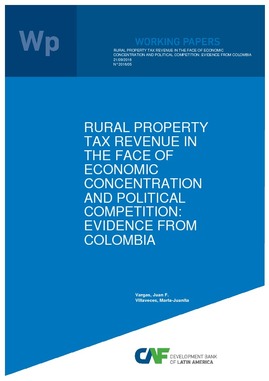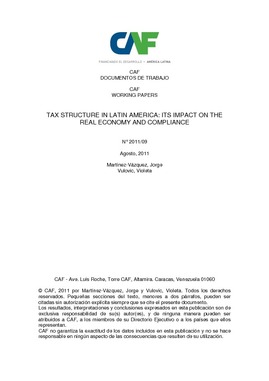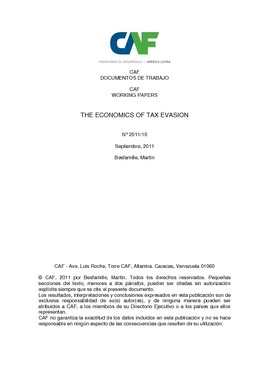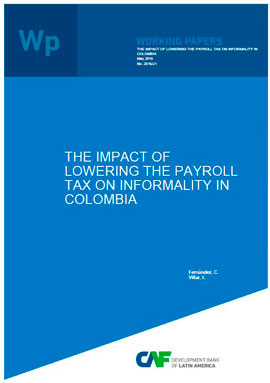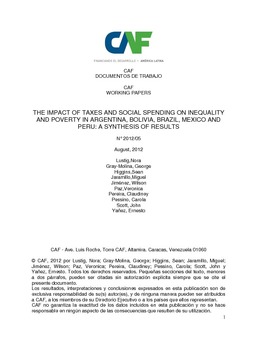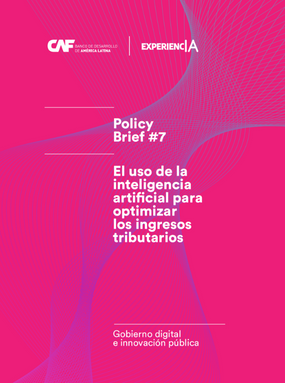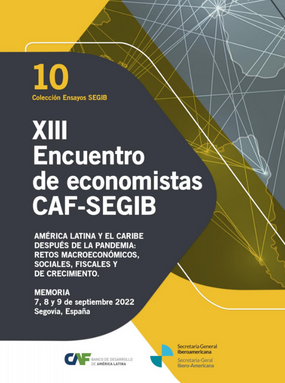Listar por tema "Impuestos"
Mostrando ítems 21-29 de 29
-
Rural Property Tax Revenue in the Face of Economic Concentration and Political Competition: Evidence from Colombia
(CAF; Caracas, 2016-09-21)We study the relationship between two sources of political power and property tax revenues in contemporary rural Colombia. First, de jure political power is the extent to which local political elites can capture the public ... -
State formation, tax structures and mineral abundance Chile and Peru, 1850-1930s
(CAF; Caracas, 2010)The paper assesses the impact of natural resource abundance on state formation by looking at how tax structures responded to booming periods in the early ages of the Chilean and Peruvian republic, 1850-1930s. The paper ... -
Tax structure in Latin America: its impact on the real economy and compliance
(CAF; Caracas, 2011)In this paper we review the structure of tax systems in Latin America and analyze their impact on the real economy-- economic growth, macro-economic stability, income redistribution and foreign direct investment--, and on ... -
The economics of tax evasion
(CAF; Caracas, 2011)This paper begins by reviewing the problem of tax evasion measurement. Based on available data, I conclude that this problem is far from being negligible, both for developed and developing countries. I also present in more ... -
The impact of lowering the payroll tax on informality in Colombia
(Caracas, 2016)The Colombian government recently reformed the tax law by reducing payroll contributions from 29.5% to 16% and substituting them with a profit tax. The law was passed in December 2012, and two years later the informality ... -
The impact of taxes and social spending on inequality and poverty in Argentina, Bolivia, Brazil, Mexico and Peru: a synthesis of results
(CAF; Caracas, 2012)We apply a standard tax and benefit incidence analysis to estimate the impact on inequality and poverty of direct taxes, indirect taxes and subsidies, and social spending (cash and food transfers and in-kind transfers in ... -
El uso de la inteligencia artificial para optimizar los ingresos tributarios
(Claudia Flores, Nathalie Gerbasi, María Isabel Mejía, Martha Rodríguez y Antonio Silveira; Caracas, 2022)Una de las principales barreras en América Latina para una mayor movilización de recursos internos es el elevado nivel de evasión fiscal en los impuestos. Las nuevas tecnologías, entre ellas la inteligencia artificial (IA), ... -
El uso de la inteligencia artificial para optimizar los ingresos tributarios. Informe 7
(CAF; Caracas, 2022-08-04)El séptimo informe de esta serie se enfoca en el uso de la IA por las administraciones tributarias, con oportunidades que van desde la asistencia al contribuyente hasta la lucha contra el fraude fiscal. Analiza los cambios ... -
XIII Encuentro de economistas CAF-SEGIB
(2022)El XIII Encuentro de Economistas CAF-SEGIB fue una iniciativa que planteó un espacio de discusión y reflexión libre para compartir conocimientos, y construir y proponer soluciones conjuntas a los principales desafíos de ...


